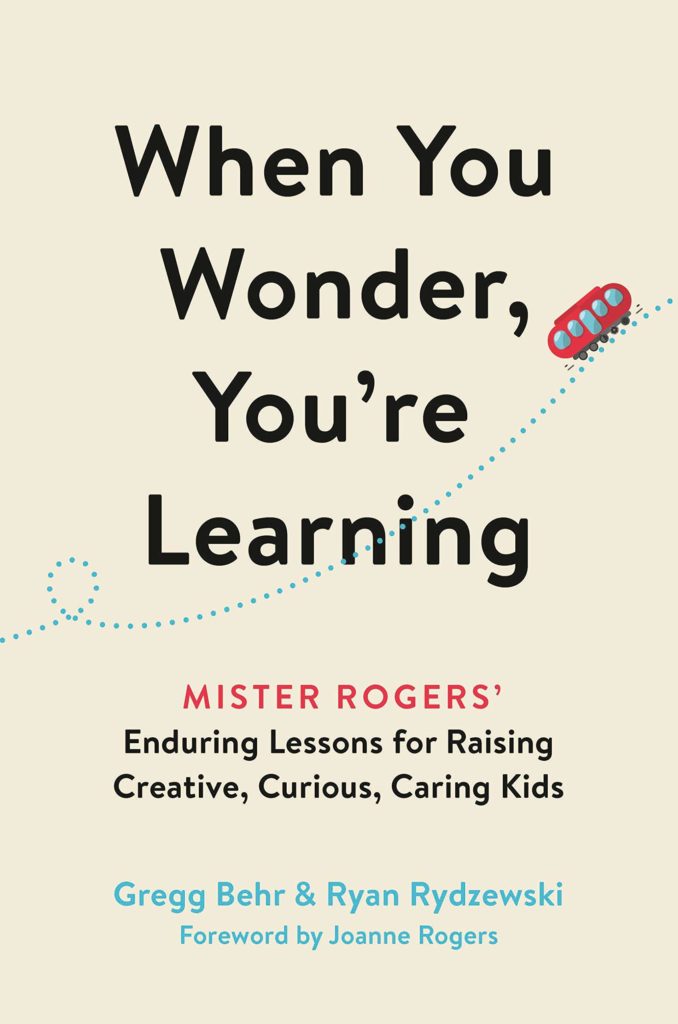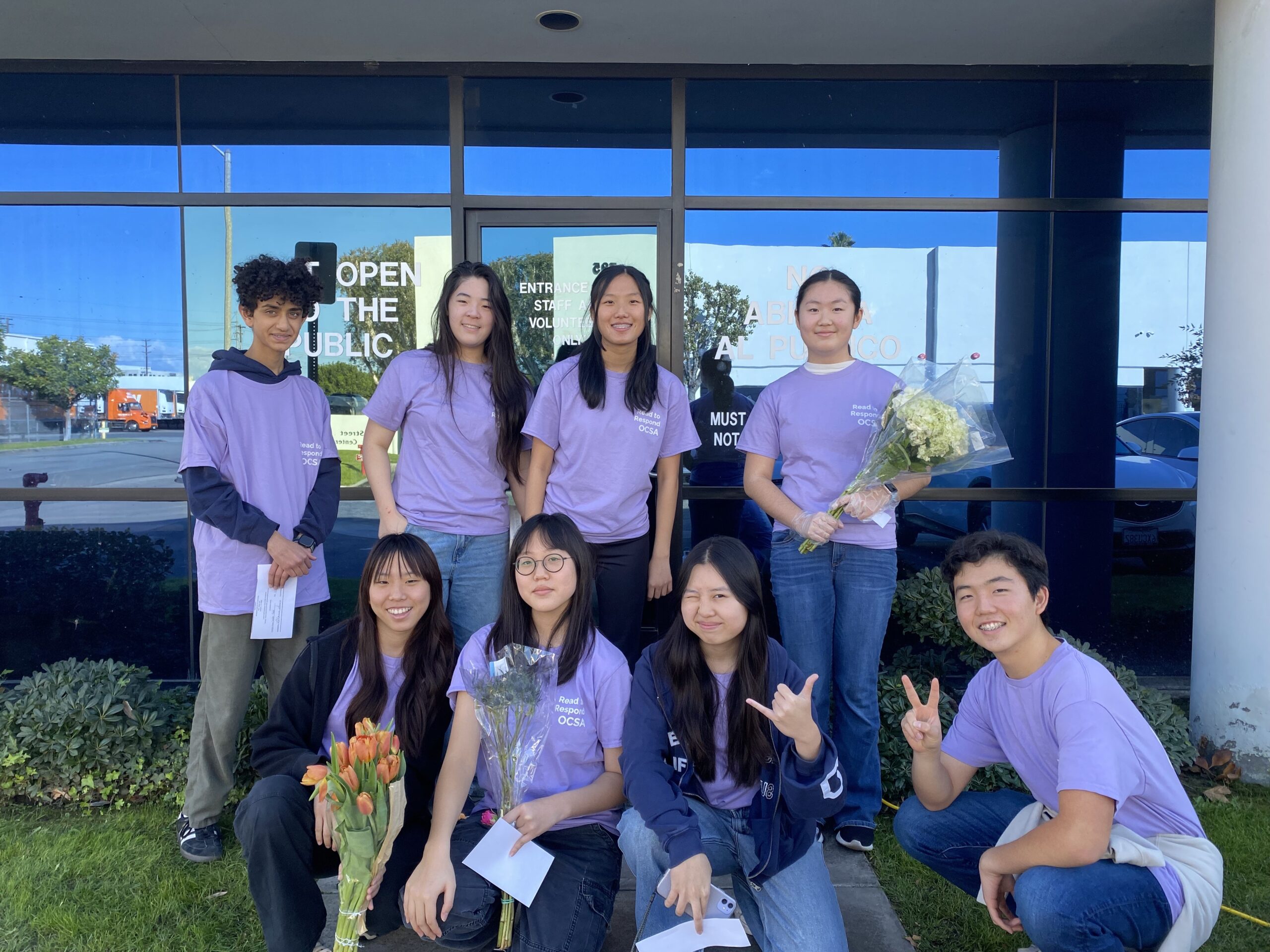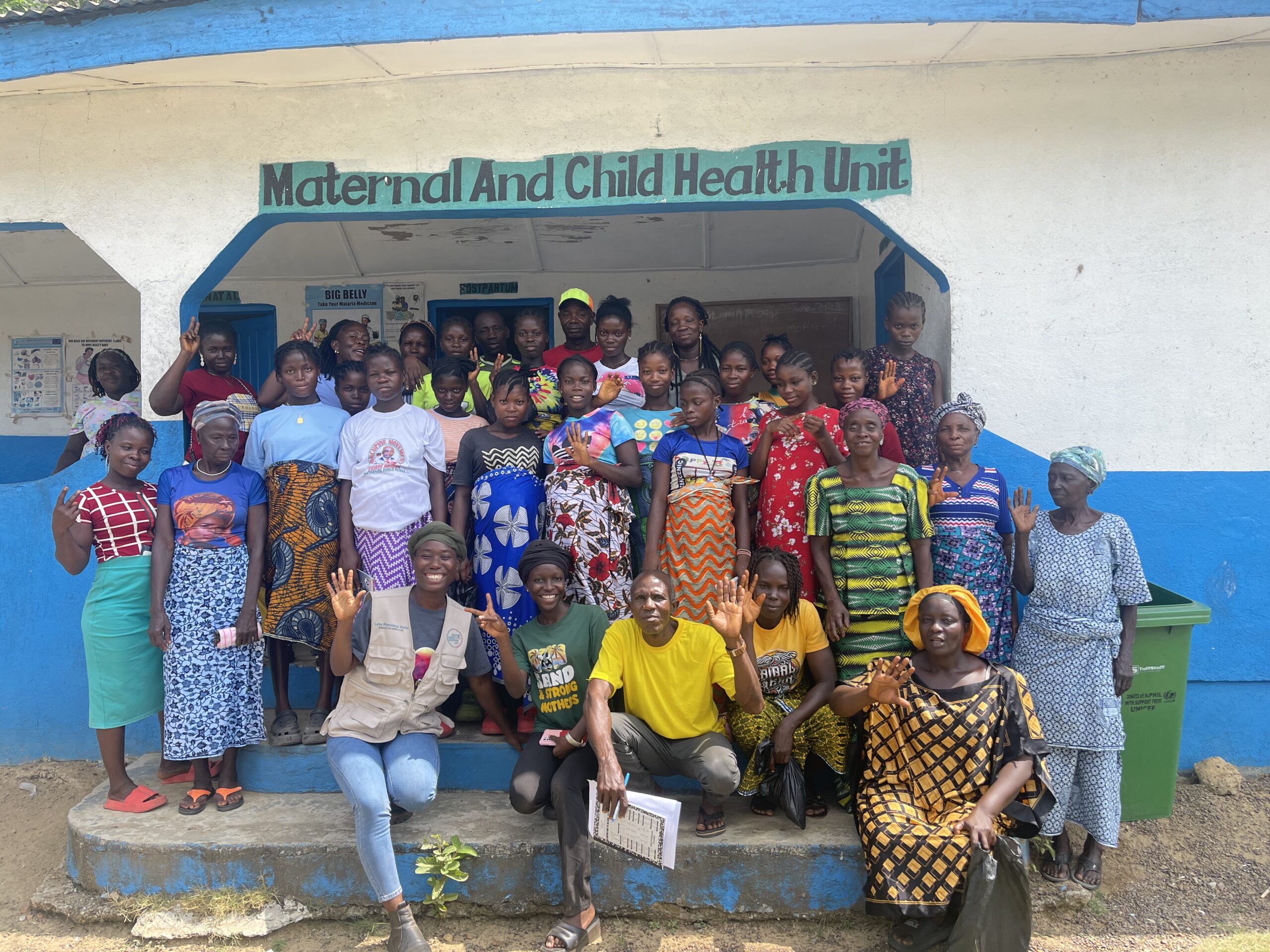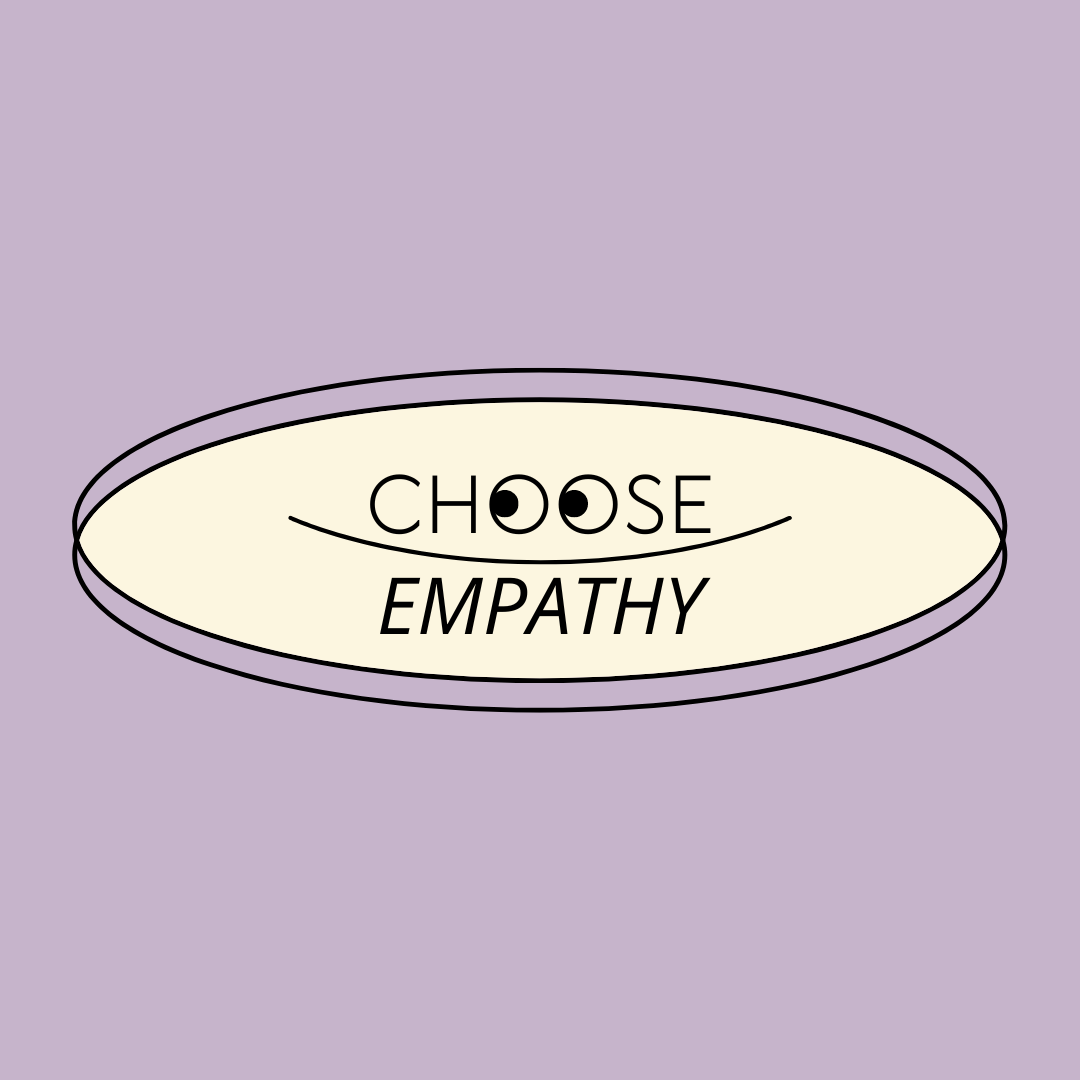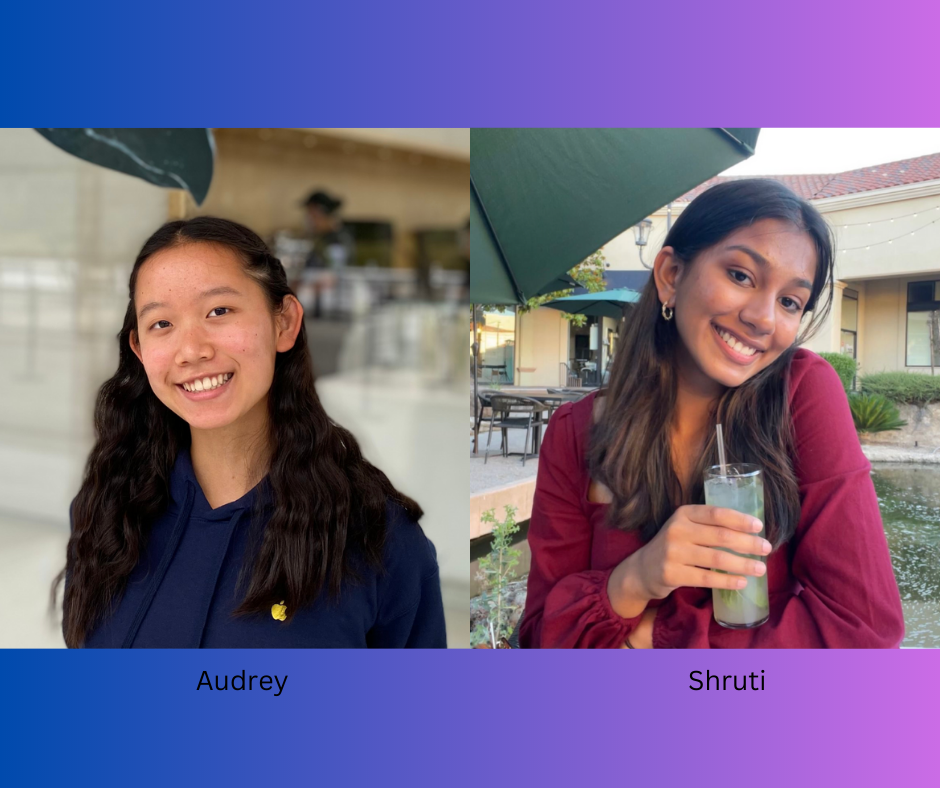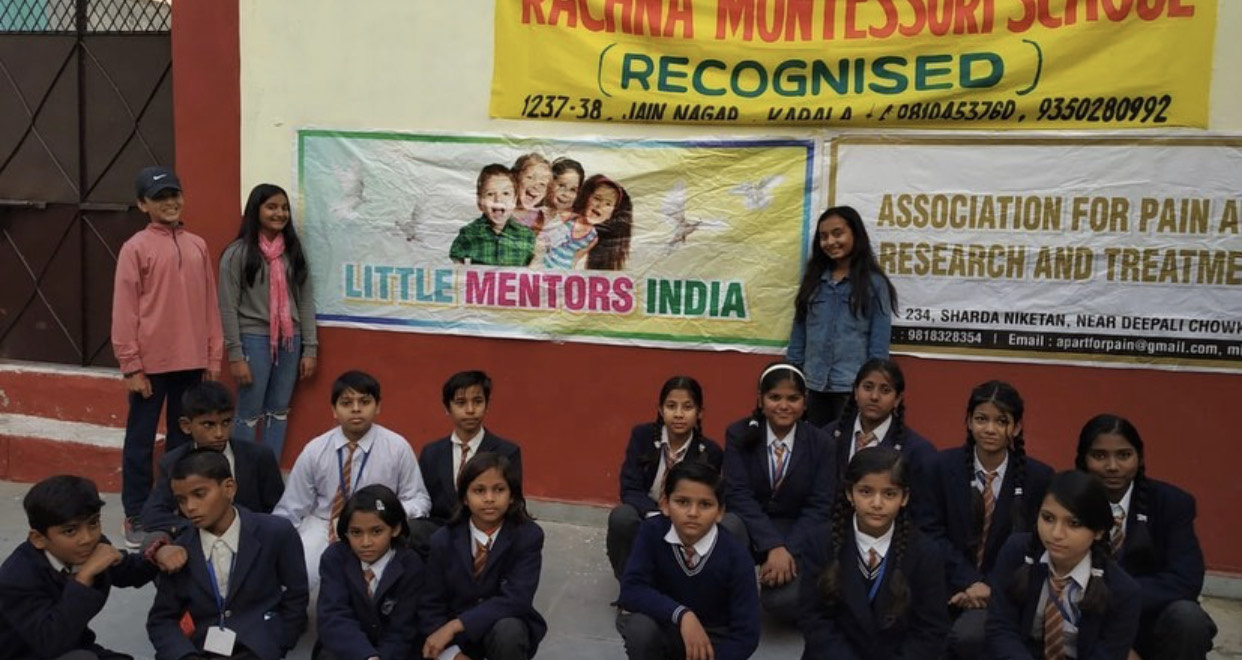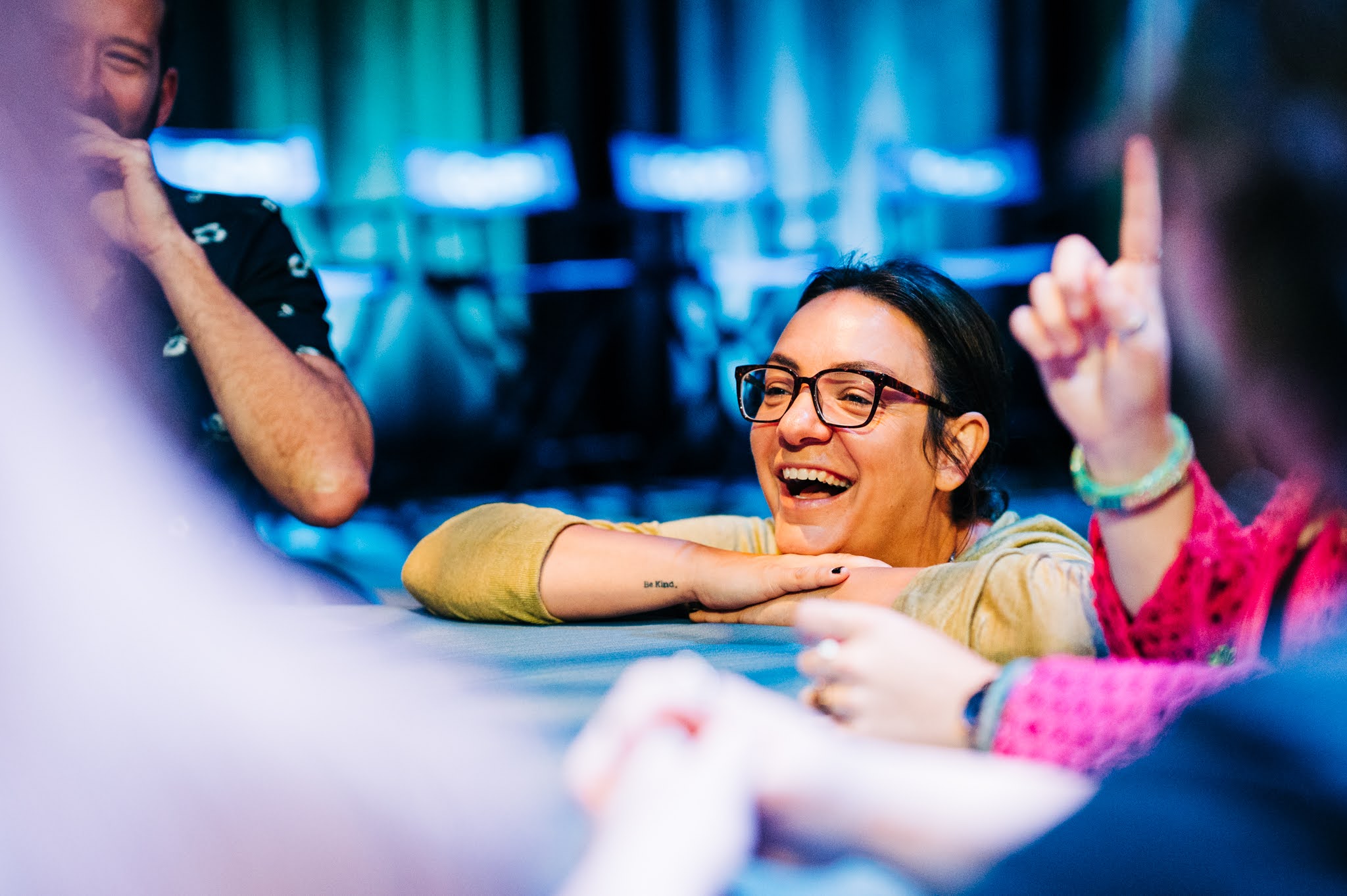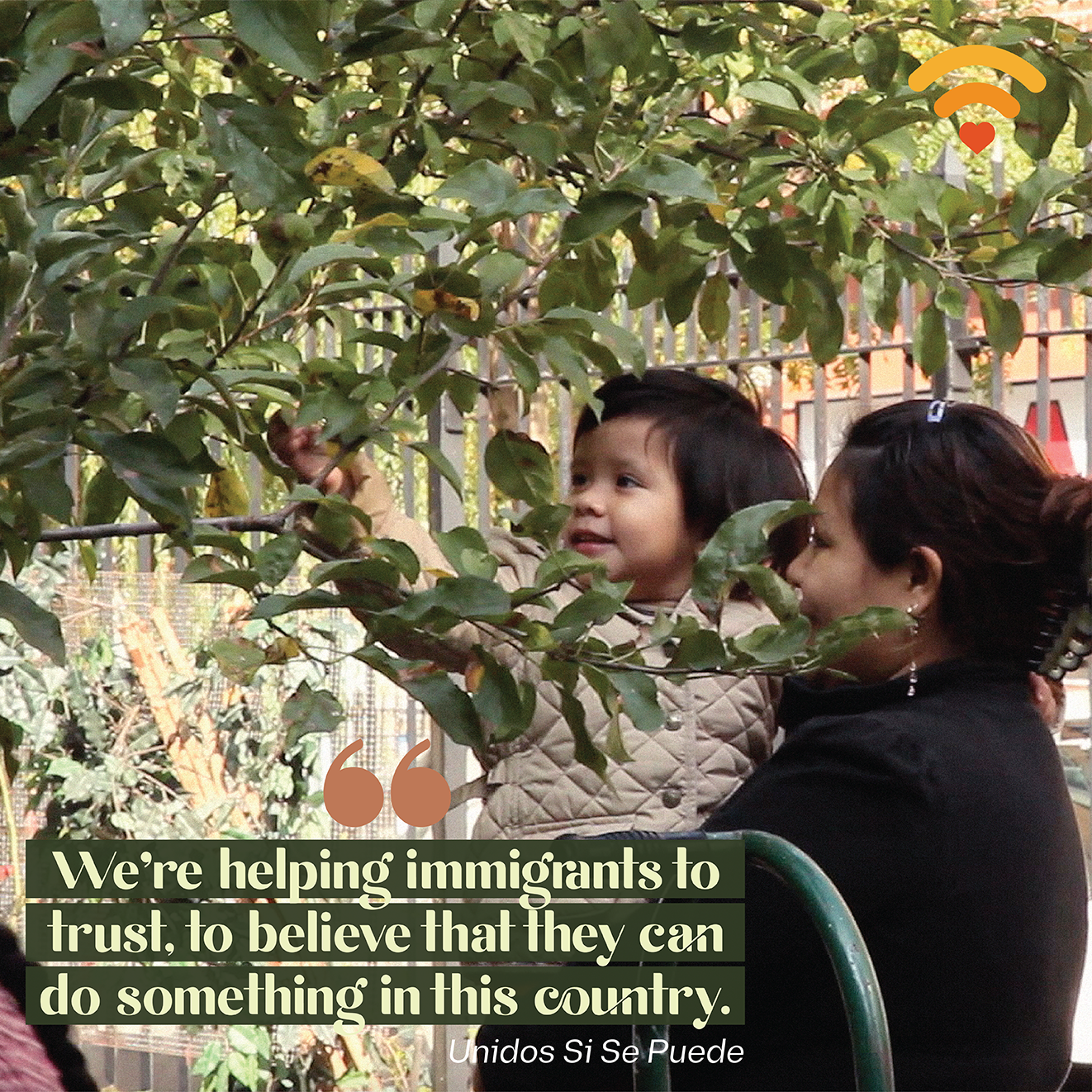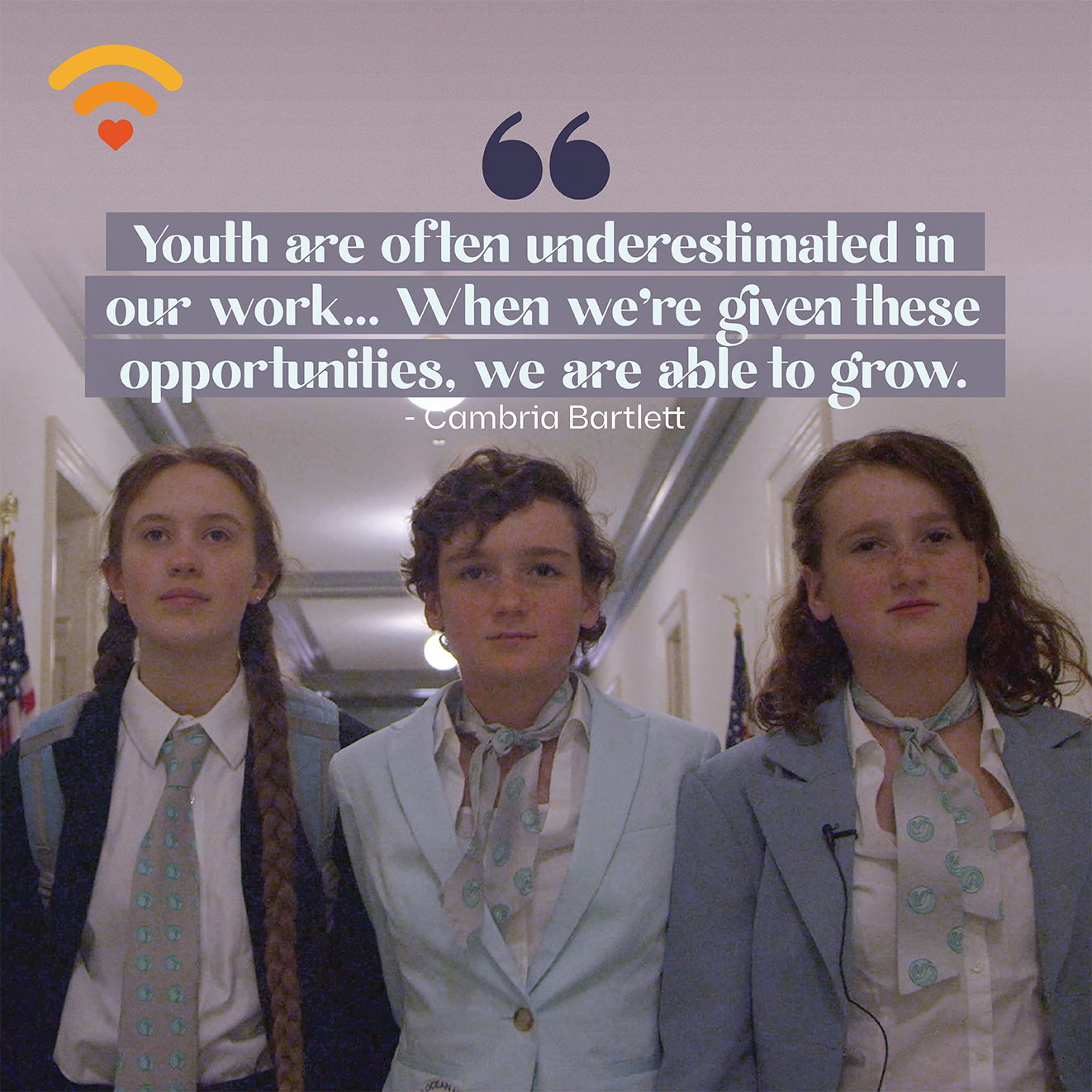What do you remember about Mister Rogers? More than anything, you probably remember how he made you feel. Accepted. Special. Safe. And maybe you remember his trips to gardens or factories, or the people to whom he introduced us. But what you likely don’t recall are the precise things that you learned.
Though Mister Rogers’ Neighborhood was — and is — one of the most famous educational television programs of all time, barely a moment of its 31-season run taught kids about letters and numbers. Its host, Fred Rogers, knew that such things mattered, of course; however, his focus was on something else altogether: something timeless, essential, and human.
In researching and writing our recent book — When You Wonder, Your Learning: Mister Rogers’ Enduring Lessons for Raising Creative, Curious, Caring Kids — we happily revisited hundreds of episodes of the Neighborhood. What is clear from these “television visits,” as Rogers sometimes called them, is that he knew how important it was to recognize the inner dramas of children’s lives: feuds between siblings, fear of disappearing down the bathtub drain, and so on. Over the course of more than 800 visits, Rogers would support children and their caring adults in navigating those dramas, helping children develop socially and emotionally. He knew that academic learning had to be paired with a nurturing of what’s best in us — that one without the other was insufficient.
What ultimately matters, he explained, “isn’t how a person’s inner life finally puts together the alphabet and number of his outer life. What really matters is whether he uses the alphabet for the declaration of war or the description of a sunrise — his numbers for the final count at Buchenwald or the specifics of a brand new bridge.”
Learning to nurture what’s best in ourselves and in others is an invisible curriculum, one in which Mister Rogers’ Neighborhood is a masterclass. Small, repetitive gestures of kindness — like Rogers always introducing on-screen guests to his “television neighbors” (the children viewing the program) — accumulated to form an atmosphere in which every neighbor felt accepted just the way they were.
#BeKind21 is a call for the rest of us to help create that atmosphere, each in our own way. That’s why we’re honored to participate in this campaign alongside our southwestern Pennsyvlanian partners and neighbors at the Fred Rogers Center and JAMbethekindkid, Inc.
As Rogers reminded us, small, daily investments in kindness can make a big impact on the learning and growing of children and young people. And modern learning science supports what Mister Rogers knew all along. In 2018, by example, a group of researchers studied the effects of greeting middle-school students at their classroom door. This seemingly minor gesture yielded stunning benefits. Student engagement increased by 20 percent, while disruptions decreased by nearly 10 percent. A simple show of warmth effectively added an extra hour of learning to the school day.
During #BeKind21 and beyond, we’re honored to join with our neighbors in bringing forward Fred’s warmth as we all learn to make those small, daily investments in kindness — together and for one another.
